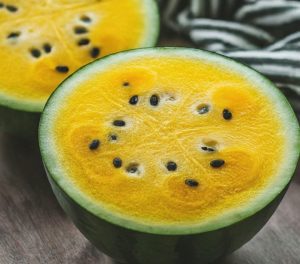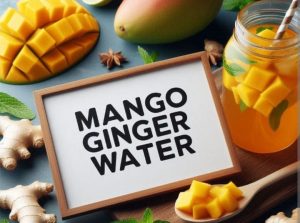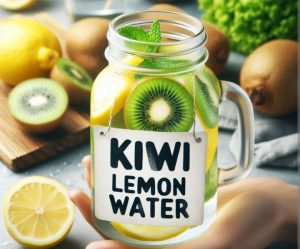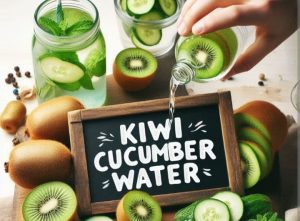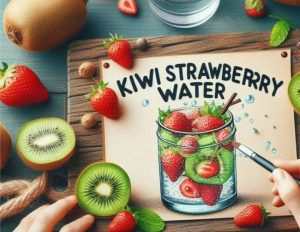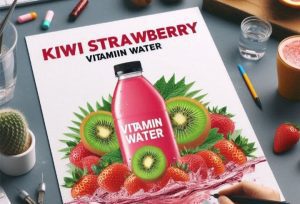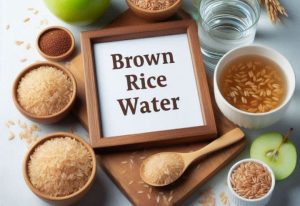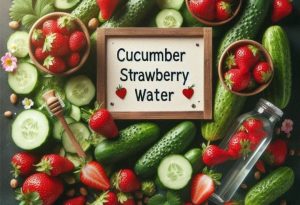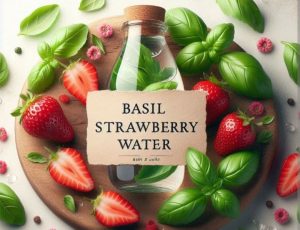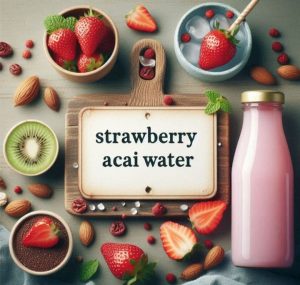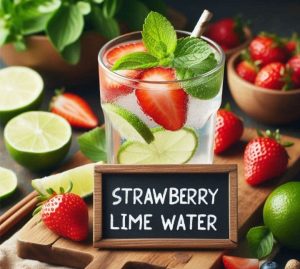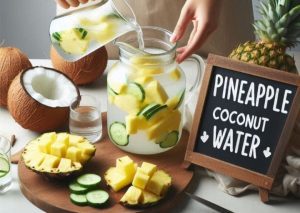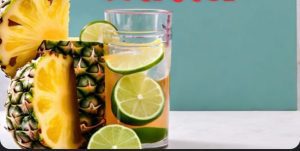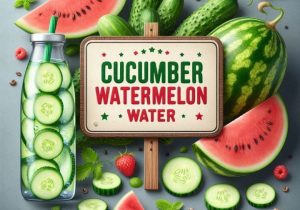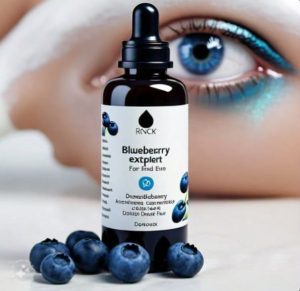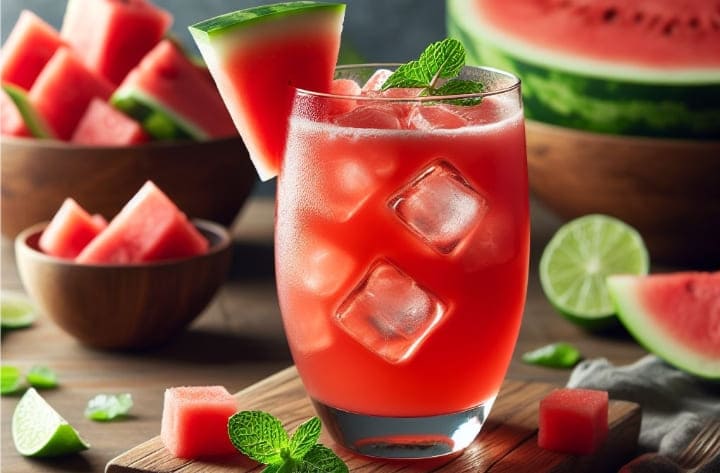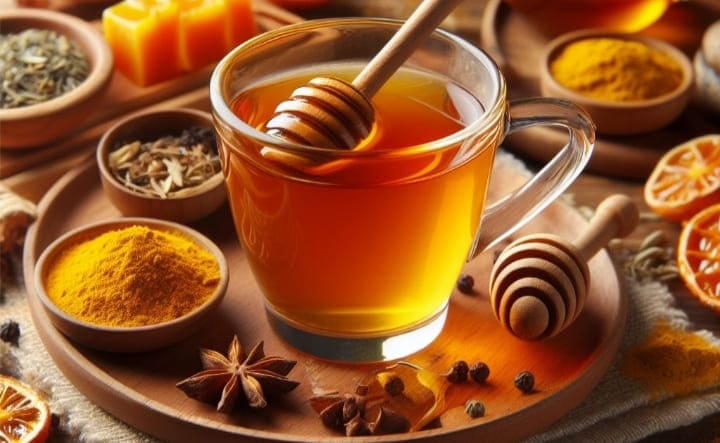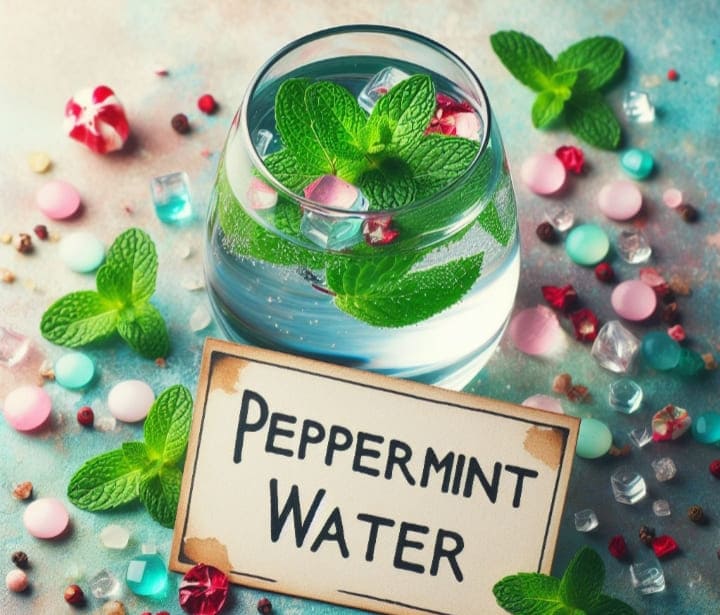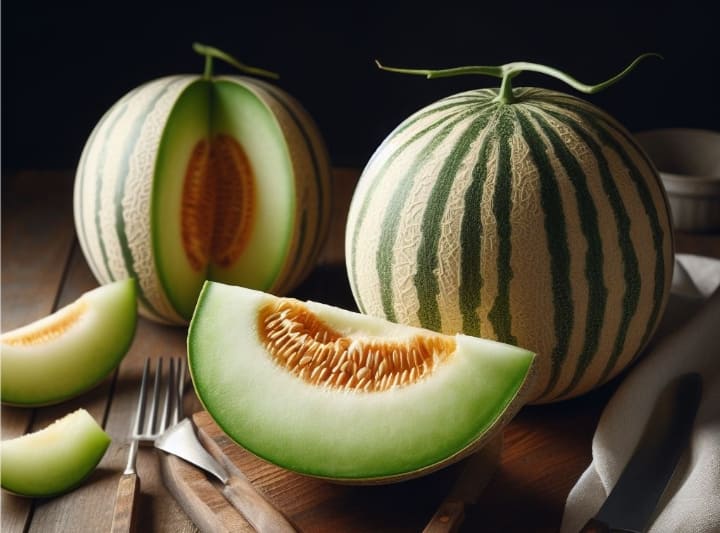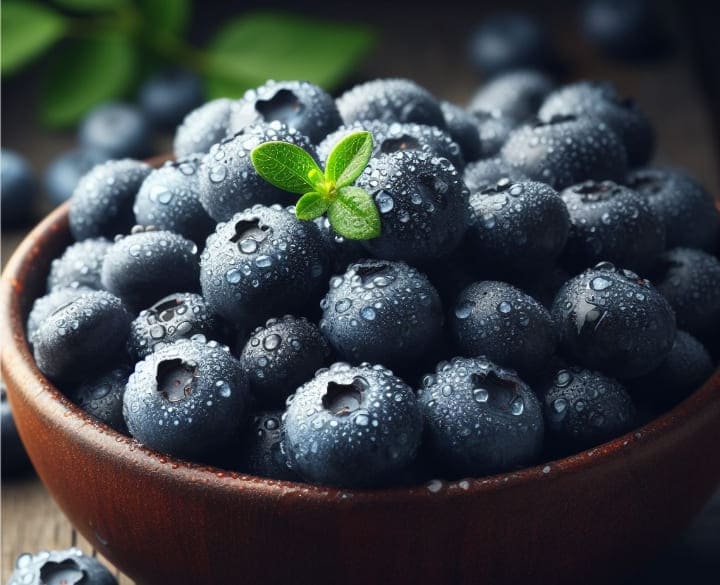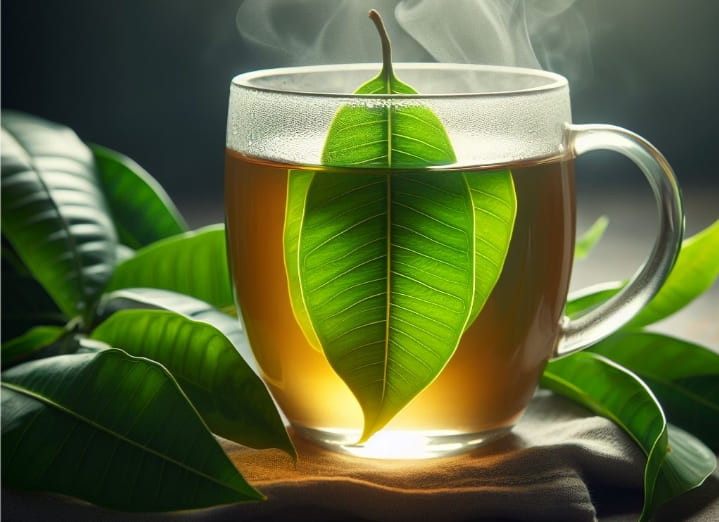
Boiled mango leaves have been used for centuries in traditional medicine for their potential health benefits.
These leaves are rich in various nutrients and bioactive compounds that contribute to their medicinal properties.
In this article, we will explore the nutrition profile of boiled mango leaves, delve into their health benefits, highlight potential side effects, and identify individuals who should avoid consuming them.
Nutrition Profile of Boiled Mango Leaves
Boiled mango leaves contain a range of essential nutrients that contribute to their potential health benefits. Some of the key nutrients found in these leaves include:
- Vitamin C: Boiled mango leaves are a good source of vitamin C, which is known for its antioxidant properties and its role in supporting the immune system.
- Beta-carotene: The leaves also contain beta-carotene, a precursor to vitamin A, which is essential for maintaining healthy vision, skin, and immune function.
- Flavonoids: Boiled mango leaves are rich in flavonoids, such as quercetin and kaempferol, which possess antioxidant and anti-inflammatory properties.
- Polyphenols: These leaves contain polyphenols, including gallic acid and catechins, which have been associated with various health benefits, including cardiovascular health and cancer prevention.
Health Benefits of Boiled Mango Leaves
Mango (Mangifera indica L.), a popular tropical fruit, is not only enjoyed for its delicious taste but also possesses various medicinal properties. While the flesh of the fruit is widely consumed, the leaves of the mango tree have been traditionally used in various cultures for their potential health benefits. Let’s explores 10 potential benefits of boiled mango leaves.

1. Potential Anti-Diabetic Properties
Some studies suggest that boiled mango leaves may possess anti-diabetic properties. These effects are potentially attributed to the presence of various bioactive compounds, including:
- Mangiferin: This polyphenol may help regulate blood sugar levels by improving insulin sensitivity and reducing the absorption of carbohydrates in the gut.
- Gallic acid: This phenolic compound may exhibit anti-oxidant and anti-inflammatory properties, potentially contributing to improved blood sugar control.
Optimizing the benefit:
- While boiled mango leaves may offer some potential benefits, they should not be considered a substitute for conventional diabetes medications or recommended treatment plans.
- Maintaining a healthy lifestyle that includes a balanced diet, regular exercise, and weight management remains crucial for managing diabetes.
More Like This:
- Sweet Potato Chips: Benefits, Side Effects, & Recipes
- Health Benefits of Zucchini
- Chewing Mango Leaves: Benefits, Risks, and More
- 10 Health Benefits Of Mango and Guava Leaves
- Mango Leaves Water: Nutrition, Benefits, Side Effects
- Benefits of Mango Leaves for Face, Skin, and Hair
2. Potential Anti-Inflammatory Properties
Research suggests that boiled mango leaves possess anti-inflammatory properties due to the presence of various bioactive compounds, including:
- Mangiferin: This polyphenol exhibits anti-inflammatory effects by suppressing the activity of inflammatory enzymes and pathways.
- Curcumin: This compound, also present in turmeric, may help reduce inflammation and pain associated with various conditions like arthritis and inflammatory bowel disease.
Optimizing the benefit:
- While further research is needed to confirm the effectiveness of boiled mango leaves for specific inflammatory conditions, incorporating them into a diet rich in other anti-inflammatory foods like fruits, vegetables, and whole grains might offer additional benefits.
- Consulting a healthcare professional is essential before using boiled mango leaves for any specific inflammatory condition.
3. Potential for Wound Healing
Traditionally, boiled mango leaves have been used in wound healing practices due to their potential antimicrobial and wound-healing properties. However, the scientific evidence supporting these claims is limited.
Optimizing the benefit:
- Always seek professional medical attention for any wounds or injuries. While boiled mango leaves might be used in traditional practices, they should not be considered a substitute for proper medical care.
4. Potential Antibacterial and Antifungal Properties
Studies suggest that boiled mango leaf extracts may exhibit antibacterial and antifungal properties against various microorganisms.
However, these studies primarily focused on the isolated compounds in the leaves and not necessarily the effects of consuming boiled mango leaf tea.
Optimizing the benefit:
- Boiled mango leaves are not a substitute for antibiotics or antifungal medications. Consult a healthcare professional if you suspect any bacterial or fungal infections.
5. Potential Benefits for Digestive Health
Limited research suggests that boiled mango leaves may offer some benefits for digestion, including:
- Aiding digestion: Studies suggest that boiled mango leaf extract may stimulate the production of digestive enzymes, potentially aiding in the breakdown of food.
- Supporting gut health: Animal studies have shown that mango leaf extract may promote the growth of beneficial bacteria in the gut.
Optimizing the benefit:
- While boiled mango leaves might offer some digestive support, they should not be used as a sole treatment for any digestive conditions. Consult a healthcare professional for any digestive concerns.
6. Potential Benefits for Oral Health
Traditionally, boiled mango leaves have been used in some cultures to promote oral health and hygiene. However, the scientific evidence supporting these claims is limited and primarily based on anecdotal reports. Some potential mechanisms include:
- Antibacterial properties: As mentioned earlier, studies suggest that boiled mango leaf extracts may exhibit antibacterial properties against various microorganisms. These properties could potentially contribute to oral hygiene by reducing the growth of bacteria associated with dental plaque and gingivitis.
- Astringent properties: Mango leaves possess astringent properties, which can create a drying sensation in the mouth. This might temporarily freshen breath, although long-term effects and overall effectiveness require further investigation.
Optimizing the benefit:
- Maintaining proper oral hygiene habits, including regular brushing and flossing, is essential for optimal oral health. Boiled mango leaves should not replace these practices.
- Consulting a dentist for regular checkups and professional cleaning is crucial for preventing and treating oral health problems.
7. Potential Benefits for Respiratory Health
In some traditional medicine practices, boiled mango leaves have been used for respiratory ailments like coughs and congestion.
limited scientific evidence supports these claims. While some studies suggest that the volatile oils and compounds present in mango leaves may possess expectorant properties, further research is necessary to confirm their effectiveness and safety for respiratory conditions.
Optimizing the benefit:
- For any respiratory problems, consulting a healthcare professional for proper diagnosis and treatment is crucial. Self-treating with boiled mango leaves for respiratory conditions is not recommended due to the lack of robust scientific evidence and potential risks.
8. Potential Antioxidant Activity
Mango leaves contain various antioxidant compounds, including mangiferin, gallic acid, and quercetin. These antioxidants help protect cells from damage caused by free radicals, which can contribute to various chronic diseases.
However, further research is needed to determine the specific effects of consuming boiled mango leaves on antioxidant activity in the body.
Optimizing the benefit:
- A balanced diet rich in fruits, vegetables, and whole grains is the most effective way to obtain a variety of antioxidants essential for overall health.
9. Potential Role in Weight Management
Some preliminary research suggests that mango leaf extract may influence fat metabolism and potentially aid in weight management.
These studies primarily focused on animal models and high doses of concentrated extracts. The effects of consuming boiled mango leaves on human weight management are not well-understood and require further investigation.
Optimizing the benefit:
- Maintaining a healthy lifestyle that includes a balanced diet, regular physical activity, and adequate sleep is crucial for effective weight management. Boiled mango leaves should not be considered a substitute for a comprehensive weight management plan.
10. Potential Benefits for Skin Health
Limited research suggests that mango leaf extract might offer some benefits for skin health due to its potential anti-inflammatory and antioxidant properties.
However, these studies primarily focused on topical application of the extract, and the effectiveness of consuming boiled mango leaves for skin health is unclear.
Optimizing the benefit:
- Maintaining a healthy lifestyle with a balanced diet, adequate hydration, and proper skincare practices is crucial for optimal skin health. Consulting a dermatologist for specific skin concerns is recommended.
It is important to note that while boiled mango leaves may offer potential health benefits, it is always advisable to consult with a healthcare professional before incorporating them into your diet.
Side Effects and Precautions
While boiled mango leaves are generally safe for consumption, it is important to exercise caution and consider the following precautions:
- Allergic reactions: Some individuals may be allergic to mango leaves. If you experience any allergic symptoms, such as itching, rash, or difficulty breathing, discontinue use and seek medical attention.
- Pregnancy and breastfeeding: The safety of consuming boiled mango leaves during pregnancy and breastfeeding has not been established. It is advisable to consult with a healthcare professional before incorporating them into your routine.
- Interactions with medications: Boiled mango leaves may interact with certain medications, such as antidiabetic drugs. If you are taking any medications, it is important to consult with a healthcare professional before consuming boiled mango leaves to avoid potential interactions.
- Dosage and moderation: Like any herbal remedy, it is important to consume boiled mango leaves in moderation and follow recommended dosage guidelines. Excessive consumption may lead to adverse effects.
Who Should Not Take Boiled Mango Leaves:
- Pregnant or breastfeeding women
- Individuals with known allergies to plants in the Anacardiaceae family
- Children under the age of 12 (due to lack of safety data)
- Individuals with pre-existing health conditions, especially liver or kidney disease
- Individuals taking any medications (consult a healthcare professional first)
Also Checkout:
- Benefits of Radish for Liver
- Benefits Of White Radish Leaves
- Benefits of Radishes During Pregnancy
- Benefits of Radish Salad and Recipes
- Skin Benefits of Black Radish
- Benefits Of Black Radish
- Benefits and Uses of Radish Water
- White Radish Soup: Health Benefits and Recipes
- Benefits of Korean Pickled
Conclusion
Boiled mango leaves have a long history of traditional use for their potential health benefits. They are rich in various nutrients and bioactive compounds that contribute to their medicinal properties. While boiled mango leaves may offer certain health benefits, it is important to approach them as a complementary approach to overall health and wellness. Always consult with a healthcare professional before incorporating boiled mango leaves into your diet, especially if you have any underlying health conditions or are taking medications.
Related Posts
References:
[1] https://www.healthline.com/nutrition/benefit-of-mango-leaf
[2]https://www.medicinenet.com/emerging_benefits_of_mango_leaves/article.htm
[3] https://youtube.com/watch?v=Xn-1Sw9Q848
[4] https://www.healthshots.com/healthy-eating/nutrition/health-benefits-and-uses-of-mango-leaves/
[5] https://www.stylecraze.com/articles/benefits-and-uses-of-mango-leaves/
